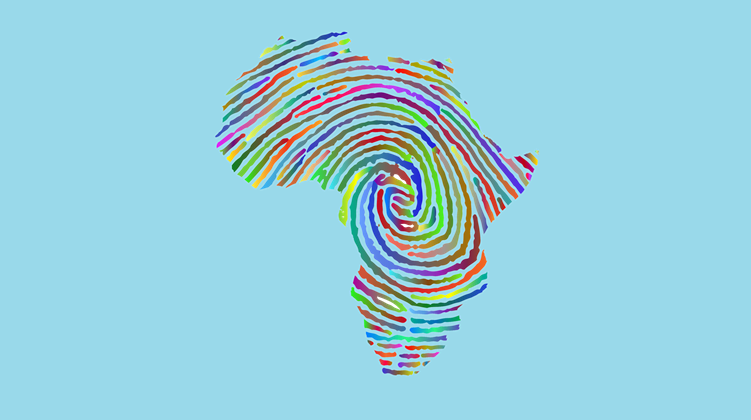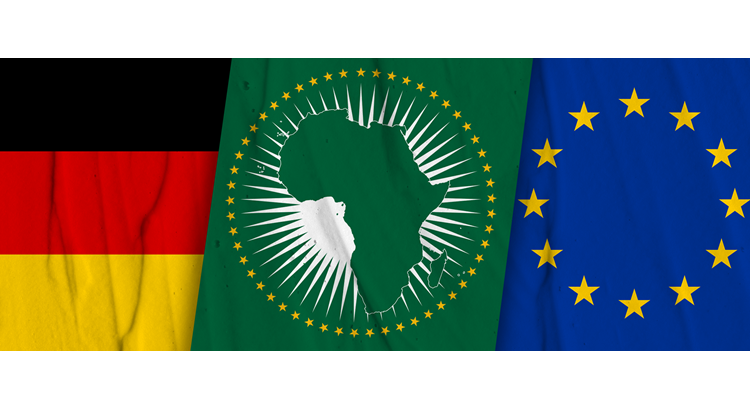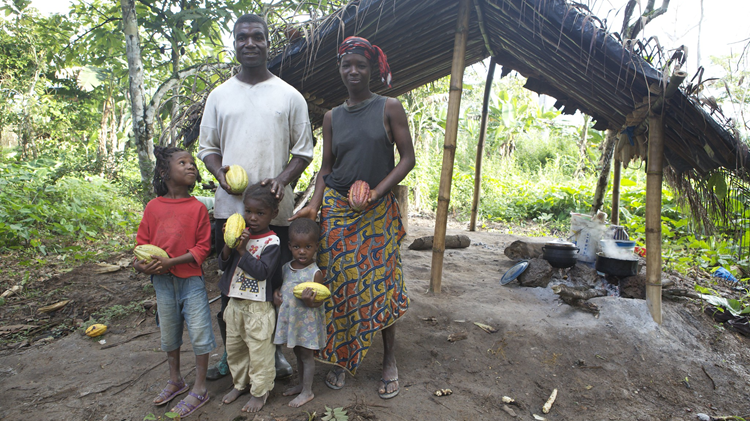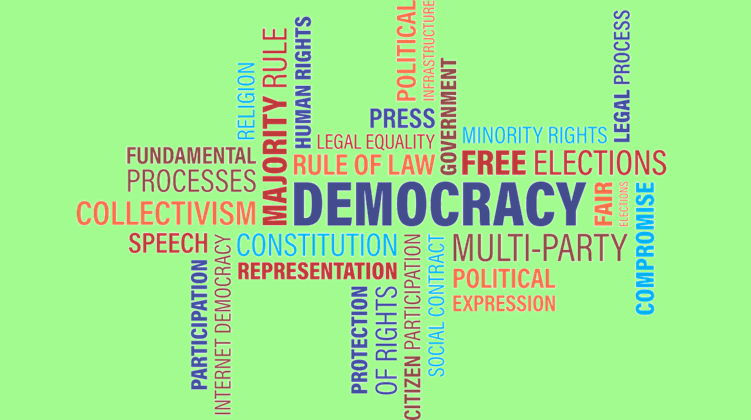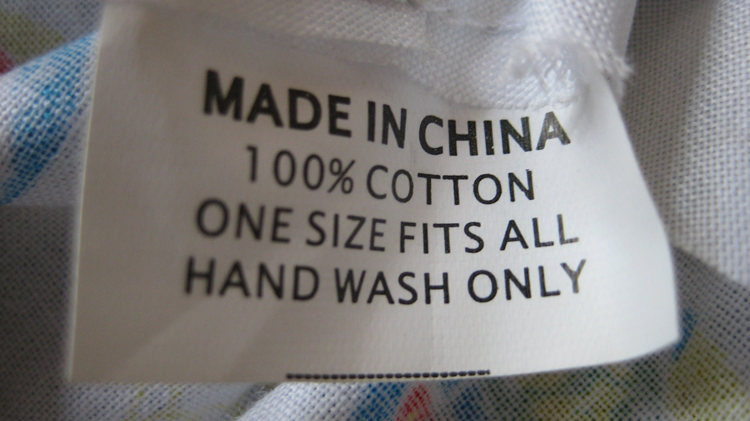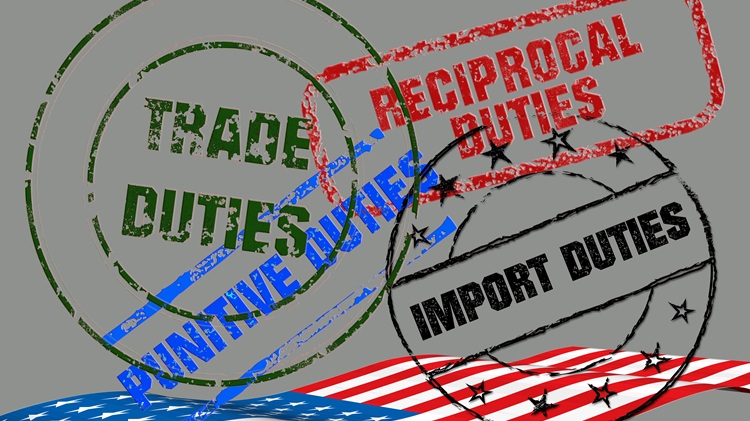Corruption in Africa deepens the wounds of COVID-19
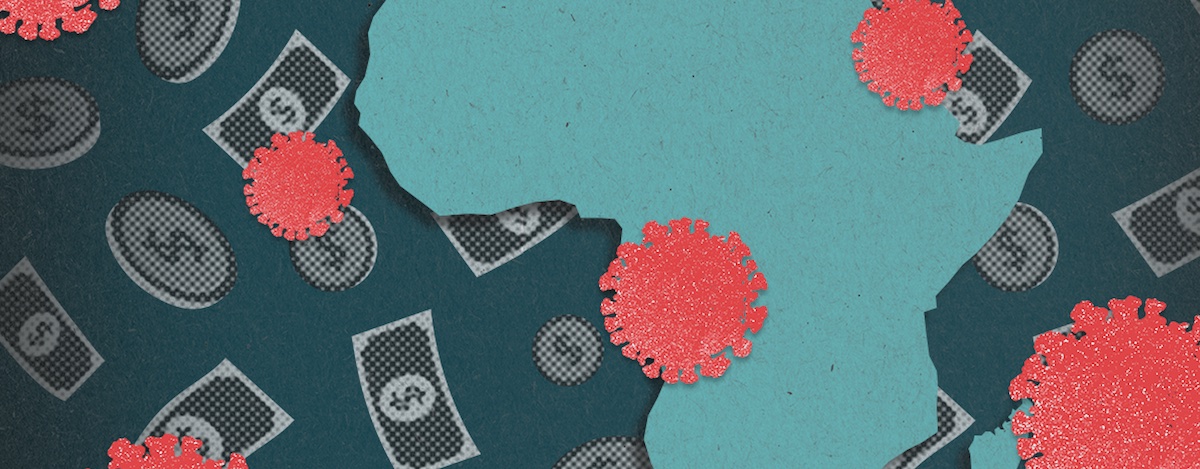
The pandemic has been less deadly than elsewhere, but African economies have suffered a double blow due to graft.
Widespread corruption during the pandemic has worsened the devasting effect of COVID-19 on Africa’s economy. Since the continent’s first case was recorded on 14 February 2020 in Egypt, the virus has affected all countries in the region.
By 6 April 2022, Africa had 11.5 million confirmed cases and 252 000 COVID-19 related deaths. However according to the World Health Organization, the number of infections could be as much as 97 times greater than reported cases. Exposure to the virus in Africa rose from 3% in June 2020 to about 65% by September 2021 – equivalent to over 800 million cases, far more than the 8.2 million documented in that period.
The health risks of the pandemic have been less severe than elsewhere in the world, with Africa recording the highest level of asymptomatic cases, estimated at 67%. This has been attributed mainly to the continent’s large youthful population and lower rates of underlying conditions such as diabetes, hypertension and other chronic diseases, which push up hospitalisations and deaths.
Africa has been fortunate in this regard, especially considering its fragile health systems. But the pandemic exposed structural weaknesses of the continent’s economy to devastating effect. Restrictions on movement and commerce curbed infections but came at a huge cost to Africa’s already fragile economies.
According to WHO, the number of infections in Africa could be 97 times greater than reported cases
According to the African Development Bank, GDP shrunk by 2.1% in 2020, and the projected export revenue lost from fuel alone was about US$101 billion that year. With declining revenues and rising expenditure, fiscal deficits doubled to a historical high of 8.4% of GDP.
The cost of stimulus packages alone ranged from 0.02% of GDP in South Sudan to about 10.4% in South Africa. As a result, Africa’s debt burden increased by 10 to 15 percentage points in 2021. Many countries were allowed to default on their foreign debt with the rising interest rates to tame inflation in advanced countries.
The estimated productive time lost in 2020 due to COVID-19 was equivalent to around 112 million jobs. In Nigeria, 20% of households lost their employment as of June 2021, while in South Africa three million jobs were lost during the lockdown. The pandemic cost Kenya and Ghana over 700 000 jobs. World Bank surveys reveal that 82% of households in Malawi and 80% in Nigeria reported income losses. Likewise, 76% of households in Uganda and 46% in Ethiopia said their incomes had dropped.
About 30 million additional Africans fell into extreme poverty (living on less than US$1.90 a day) in 2020, with the number estimated to increase to 39 million in 2021. A total of 465.3 million people, 34.4% of Africa’s population, were estimated to be in extreme poverty in 2021.
Most COVID-19 items were procured under a certificate of emergency, evading public scrutiny and accountability
These ravaging economic effects have been worsened by grand corruption associated with COVID-19 expenditure, some of which affected funds from multilateral organisations. In response to the pandemic, several donor agencies supported African governments with various financial packages. The International Monetary Fund and World Bank together provided about US$57 billion to help Africa.
Accountability measures to monitor the use of these funds were relaxed to fast-track the procurement of personal protective equipment, essential goods and services, and vaccines. Most of these items were procured under a certificate of emergency, evading public scrutiny and accountability.
Corruption related to COVID-19 has been reported from all over Africa, mainly in procurement. In Cameroon, a 2021 audit revealed the misuse of about US$333 million meant for the pandemic response in 2020. South Africa’s health minister at the time was placed on leave while irregular contracts to the tune of US$10 million were investigated. There was also public anger in the country over the suspected inflation of government contracts for the purchase of medical supplies worth US$900 million.
Malawi’s government revealed that some of its officials colluded with the private sector to misspend US$1.3 million of COVID-19 funds through procurement and allowance irregularities. The Kenya Medical Supplies Authority allegedly pilfered about US$400 million meant to buy medical equipment, and the country’s Ethics and Anti-Corruption Commission revealed further irregular expenditures of about US$71.96 million. The Auditor-General’s report on COVID-19 expenditure exposed the misuse of over US$69 million.
Reported corruption cases may be the tip of the iceberg as most COVID-19 expenditures are yet to be audited
In Nigeria, the Federal Ministry of Health allegedly bought 1 808 face masks for US$96 000. In Uganda, four top officials were arrested for allegedly overpricing COVID-19 food relief items, leading to a loss of US$528 000. Zimbabwe’s health minister was dismissed reportedly for inflating the cost of medical equipment by illegally awarding a multimillion-dollar contract. His Ghanaian counterpart was found to have purchased the Russian Sputnik V vaccine at a unit price of US$19 instead of the US$10 factory price.
These may be just the tip of the iceberg as most COVID-19 expenditures in Africa are yet to be audited.
Africa has made strides in combating the pandemic, but to achieve the target of vaccinating 70% of its population by June, increased sensitisation and education are needed. So far, only Seychelles and Mauritius have achieved this goal, probably due to their small populations and higher levels of development relative to the rest of Africa.
Despite procuring over 714 million vaccine doses, only 15% of adults in Africa were fully inoculated by March, with 15 countries yet to fully vaccinate up to 10% of their people.
To revive Africa’s economy, COVID-19 restrictions have been eased and economic recovery programmes implemented. But the continent has not made real progress in uncovering graft through proper audits of COVID-19 expenditures by governments and their agencies. These audits are vital and must be followed by investigations and prosecutions that enable the recovery of state money.
This article was first published by ISS Today.

